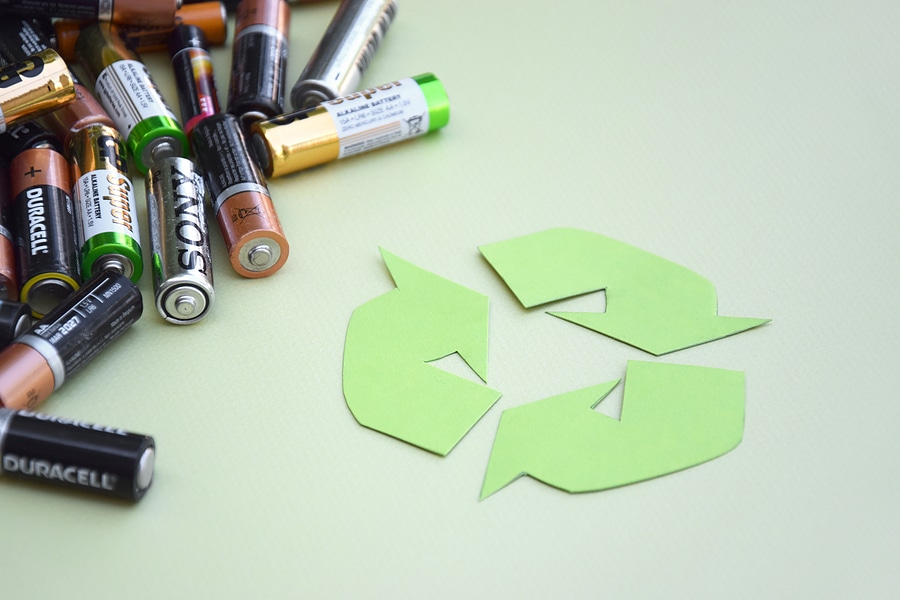How the EPA’s Plan for Battery Recycling Could Change the Future

Battery recycling is crucial for sustainable waste management, as it conserves resources and reduces environmental impact. By recovering valuable materials from batteries, such as lithium, cobalt, and nickel, we can reduce reliance on virgin materials, minimize the negative effects of mining, and create a more sustainable future.
Battery Recycling Is Imperative to a Sustainable Future
One of the most pressing issues preventing the full realization of this future is the vast number of batteries that need to be recycled. Currently, millions of batteries are sitting in landfills beneath heaps of trash or being stored in closets and drawers. These batteries contain essential minerals that could be recycled and used to make new batteries to prevent the need to mine for more minerals.
A New Infrastructure Bill Has Helped Pave the Way for Change
Recently, a historic infrastructure bill set the United States on a path toward complete battery recycling compliance. This $375 million infrastructure initiative started several new programs for waste prevention and recycling. This is particularly advantageous when it comes to battery recycling.
Batteries contain a variety of elements, including:
- Lithium-ion
- Alkaline
- Nickel-cadmium
- Sealed lead acid
In addition to containing different elements, batteries come in all shapes and sizes. These varying properties can make recycling a hassle, as there’s no solidified approach that can be applied to every type of battery.
To find a solution, the EPA requested public commentary and will supply a progress report to congress within the next year. Already, industry experts are weighing in on what can be done to optimize the process. Here are some of the suggestions that have been put forth.
- Create a Method for Mass Battery Recycling: The influx of electric vehicles has resulted in the large-scale production of massive batteries. As we transition toward electric technologies, the need for large-scale battery recycling becomes evident. One of the things suggested for the EPA to focus on is finding ways to facilitate infrastructure development so batteries of all shapes and sizes can be conveniently and safely recycled.
- Initiate National Standards for Labeling: The Mercury-Containing and Rechargeable Battery Management Act was signed into law in 1996 by President Bill Clinton. Since then, the United States has not seen any significant battery recycling legislation. However, there are more batteries in use than ever. When it comes time to recycle these batteries, the suggested use of a blanket standard for labeling and recycling them has been proprosed with clear labeling instructions and the inclusion of a toll-free number people can call to find a drop-off location in their vicinity.
Need to Recycle Your Batteries in Sioux Falls?
If your business needs to recycle its electronics or batteries, Secure Enterprise Asset Management (SEAM) is here to help. We specialize in data shredding, electronics recycling, battery recycling, and more. To date, we are the only certified provider in the Dakotas (North Dakota and South Dakota). Contact us to safely recycle your batteries today!
SEAM provides IT recycling and data destruction services including onsite shredding and hard drive wiping to South Dakota, North Dakota, Minnesota, Iowa, and Nebraska.
Schedule a pickup or contact us for more information.





